"PM Hasina vowed to always remain devoted to women's and girls’ education in science and technology."
On Thursday, Bangladesh Prime Minister Sheikh Hasina stated that appropriate institutions and policies are needed to support young women who choose to pursue careers in science and technology.
For a fair, inclusive, and sustainable future, we need more women and girls in the scientific fields. For young women to pursue a profession in science and technology, the proper institutions and regulations must be in place, the speaker stated.
During the 9th International Day of Women and Girls in Science Assembly at the UN Headquarters in New York, the prime minister made this statement via video.
She made the point that women in science must be given leadership roles.
The PM said, "I pledge to use incentives and recognition to advance the work of our female scientists in Bangladesh."
The prime minister mentioned that the government is digitally empowering thousands of women and girls across the country.
“I feel delighted to see their vibrant presence in the digital marketplace. We offer dedicated training for young women to help them grow as IT freelancers. I wish to see our young people with disabilities transform their lives through digital inclusion,” she said.
According to Hasina, the government is assisting women in getting more technical and vocational training in order to better equip them for the workforce of the future.
"We've made science and ICT education mandatory for all high school graduates," the speaker declared.
The premier claimed that there had not been a sufficient number of female students in higher education in the past, particularly in the fields of science and technology.
But because to our coordinated efforts, she added, women's participation in science education has increased dramatically in recent years.
She said that the ratio of female students in Bangladesh's public institutions is about 40%, but the percentage in private universities is 30%.
“We make sure that women get preference in the research and innovation grants we offer. Our young girls need to be prepared to realise our vision of a ‘Smart Bangladesh’,” she added,
PM Hasina vowed to always remain devoted to women's and girls’ education in science and technology.
According to the United Nations a significant gender gap has persisted throughout the years at all levels of science, technology, engineering and mathematics (STEM) disciplines all over the world.
Women continue to be underrepresented in these disciplines despite significant progress achieved in boosting their participation in higher education.
According to the statement, gender equality has long been a top priority for the UN. In addition to being essential to the global economy, gender equality and the empowerment of women and girls will also be critical to achieving all of the objectives and targets of the 2030 Agenda for Sustainable Development.
A report containing agreed findings on women's and girls' access to and involvement in education, training, science, and technology, as well as strategies for promoting women's equitable access to full employment and decent pay, was accepted by the Commission on the Status of Women on March 14, 2011, at its fifty-fifth session.
In a resolution on science, technology, and innovation for development, the General Assembly acknowledged on December 20, 2013, that gender equality and the empowerment of women and girls depend on full and equal access to and participation in science, technology, and innovation for women and girls of all ages.
End//voice7news.tv



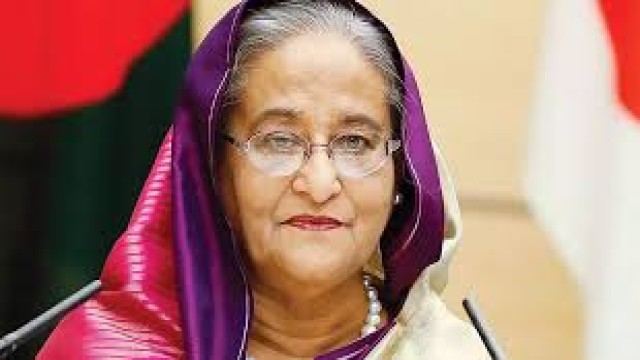
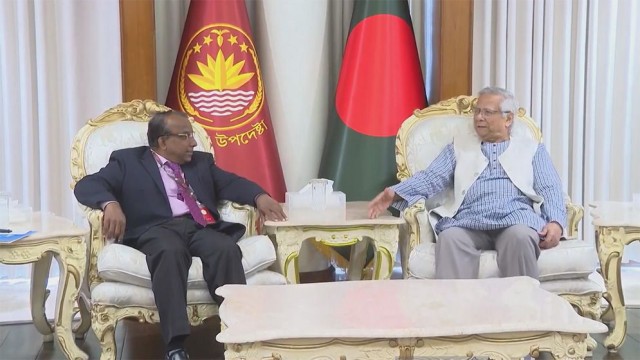
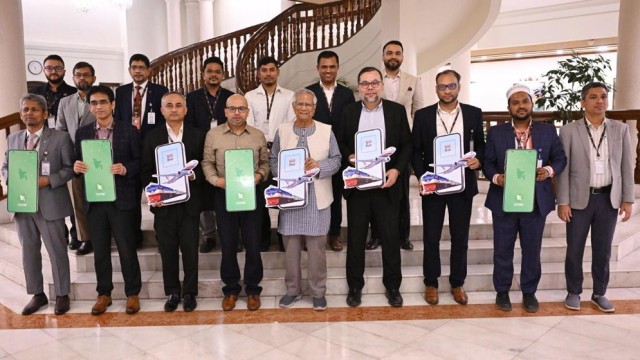
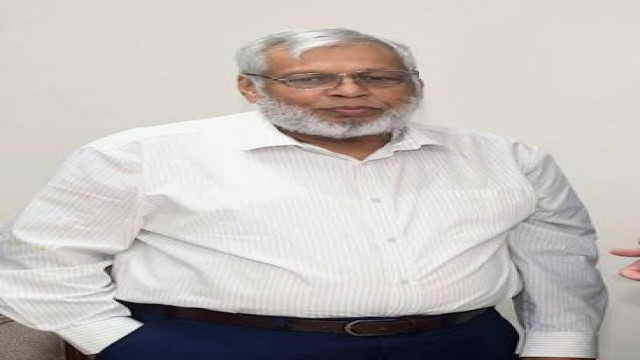
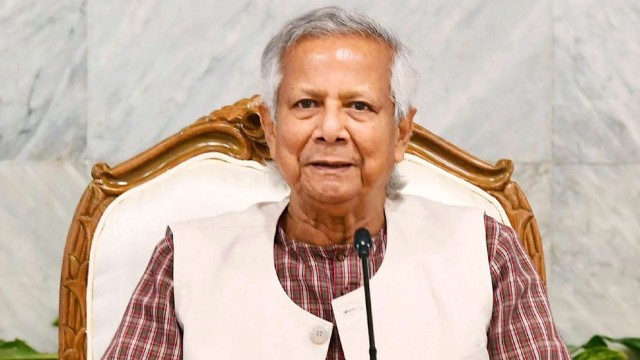
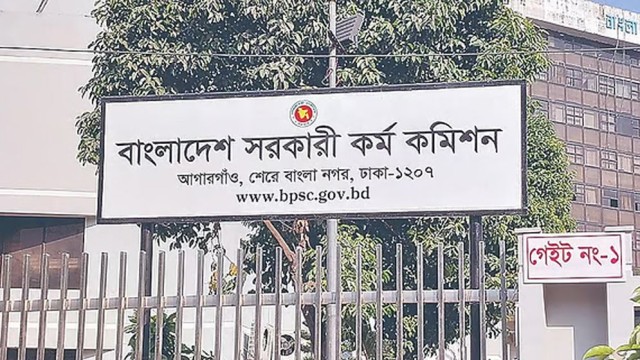
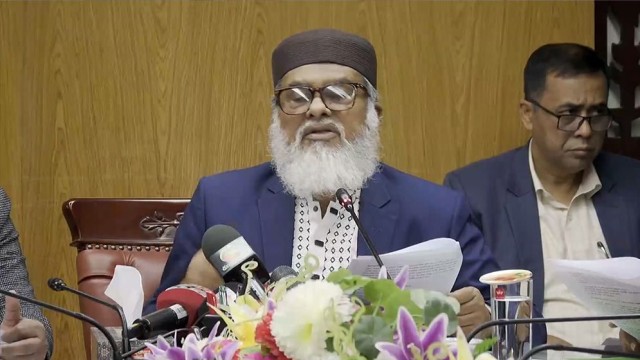
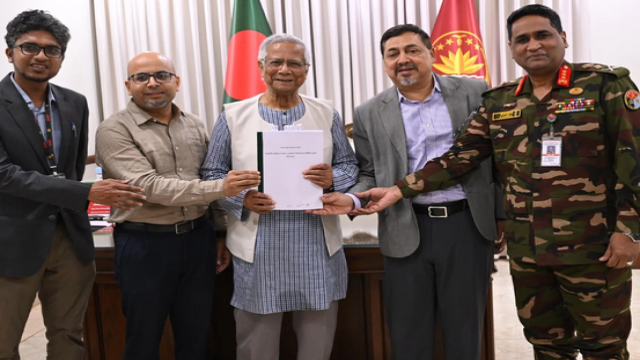
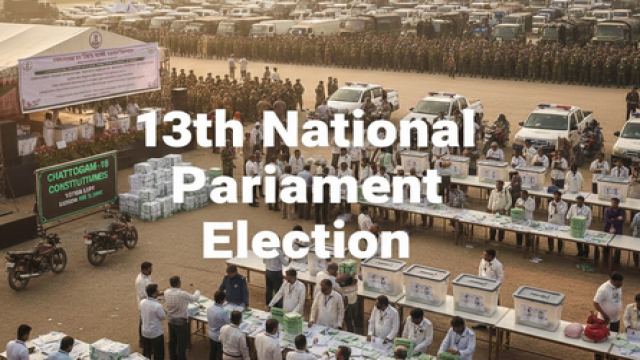
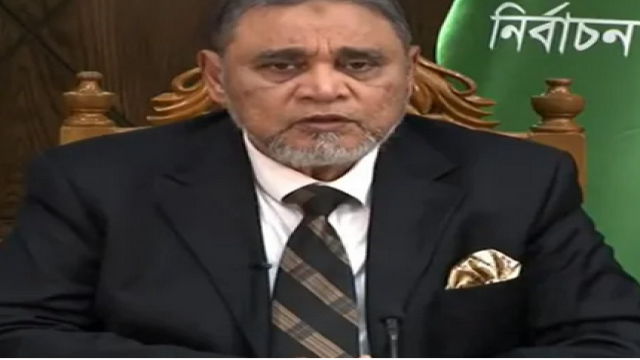
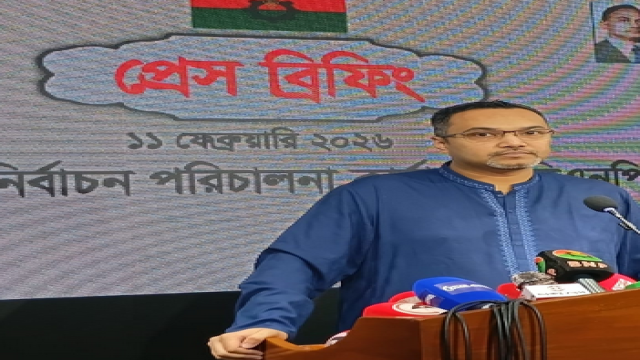
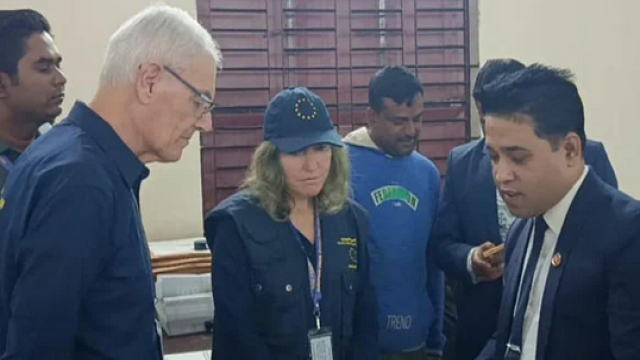

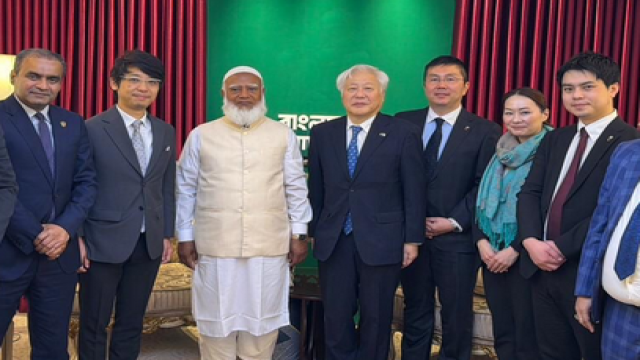


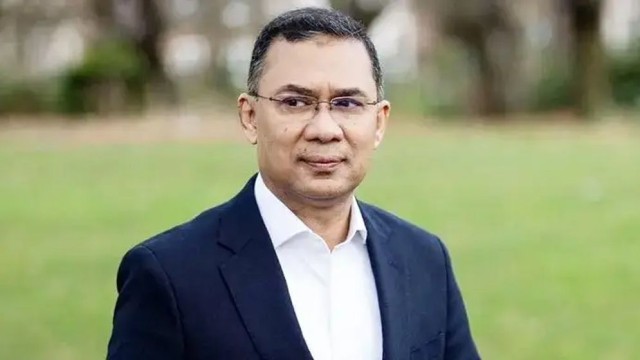











Comment: